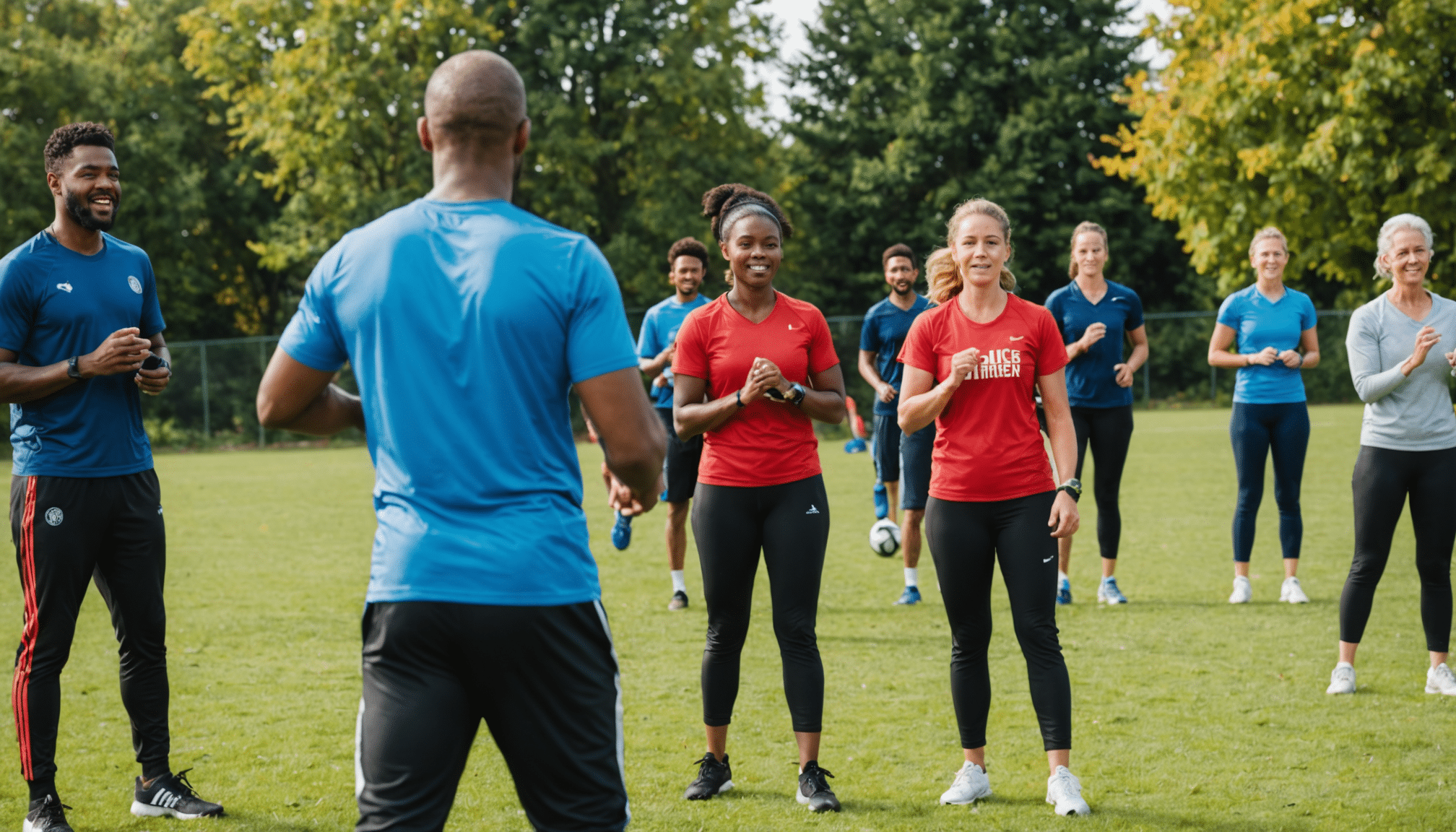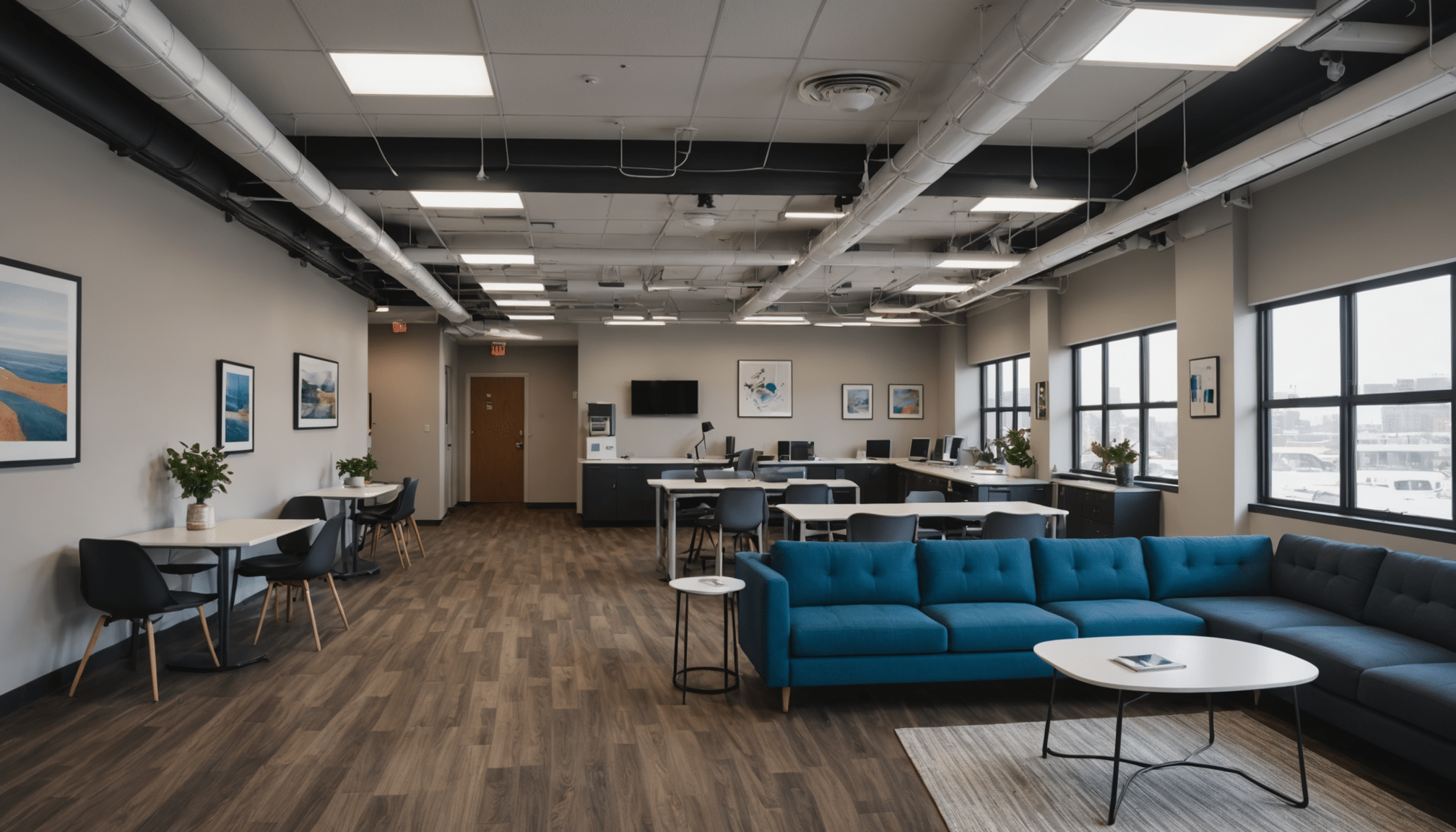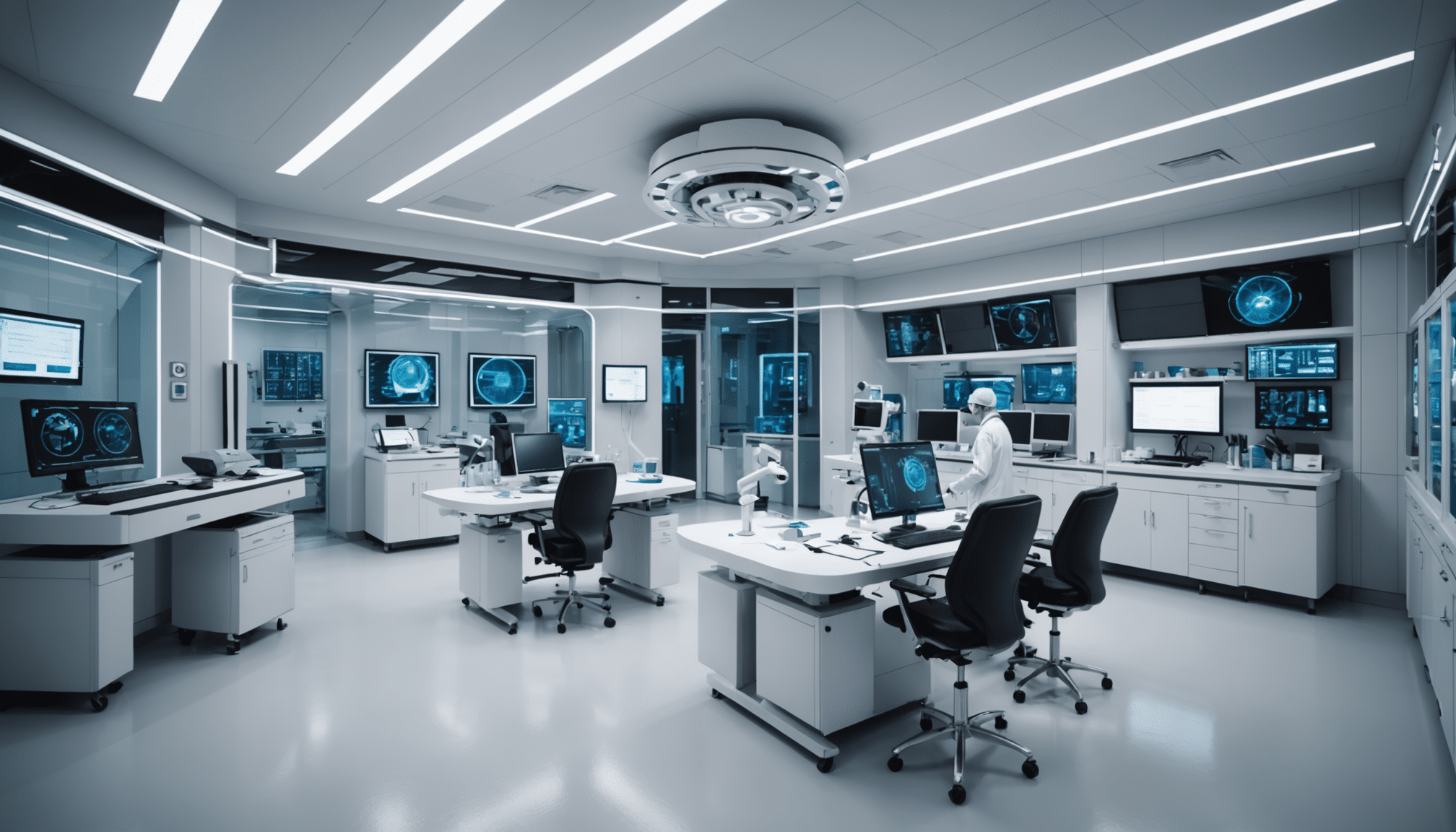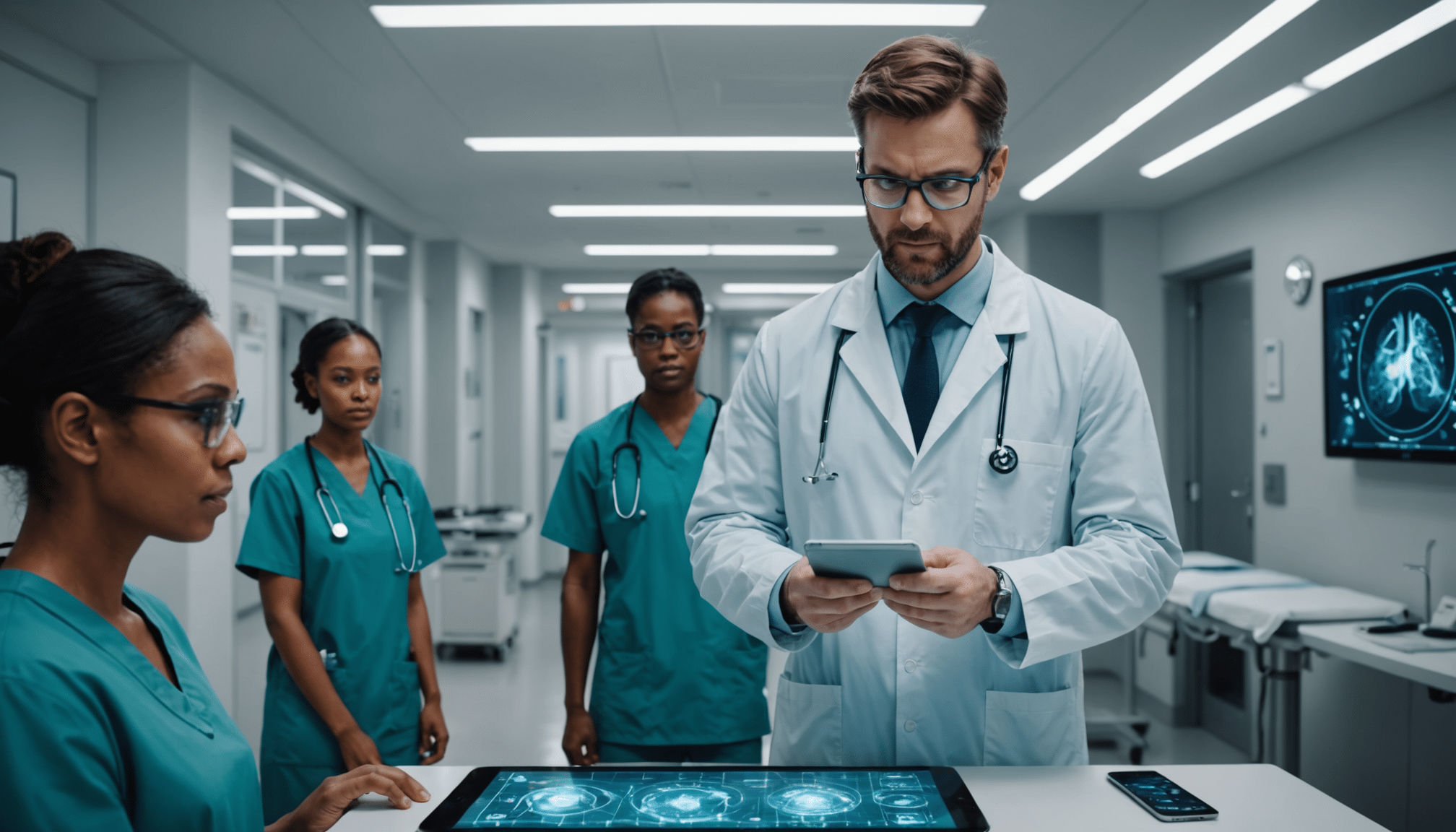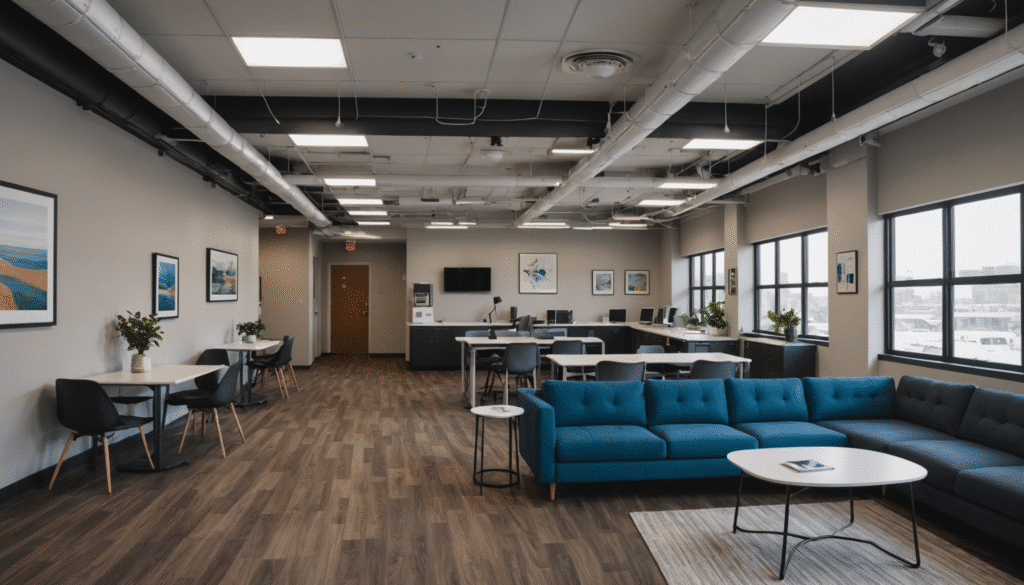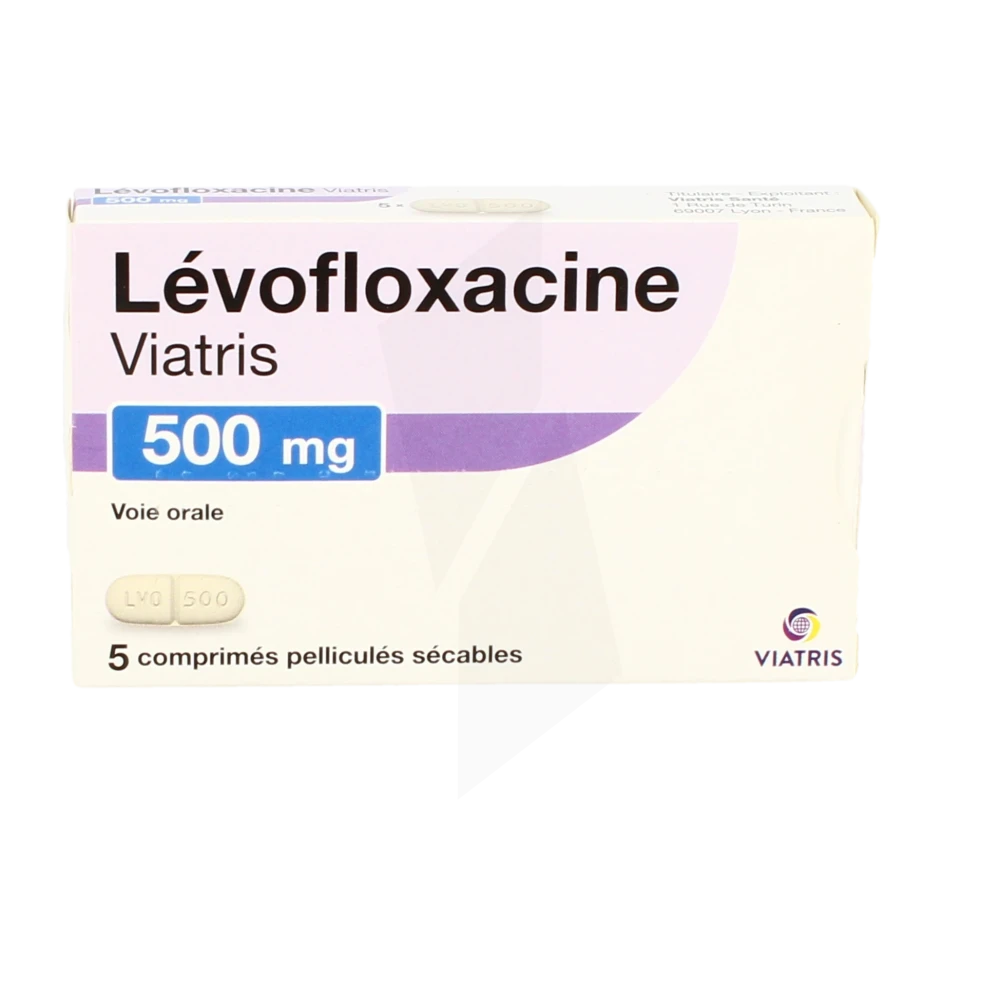The Regional Committee Sports for All Île-de-France operates at the heart of a noble mission: to promote physical activity for all, in an inclusive and sustainable manner. This ambitious project aims to improve the quality of life of individuals through a health-centered and socially engaging approach. By collaborating with various local stakeholders, sports clubs, and institutions, the committee provides the Parisian population with opportunities to actively participate in various sports activities that are accessible to everyone.
A shared vision for a sporting nation
“Making France a true sporting nation” is a vision shared by many decision-makers. Françoise Gatel and François Cormier-Bouligeon, two influential figures, have formulated tangible recommendations to strengthen this ambition. They suggest that financial support for sports associations is essential to ensure universal access to physical activity. Ensuring equitable and diverse geographic coverage of sporting offers is vital.
Balancing accessibility and diversity
To achieve these goals, close collaboration between the state, local authorities, and the sports movement is crucial. It is proposed to offer some activities for free to vulnerable populations, such as isolated women or youth from priority neighborhoods. The ultimate goal is to democratize sports by removing financial and geographical barriers.
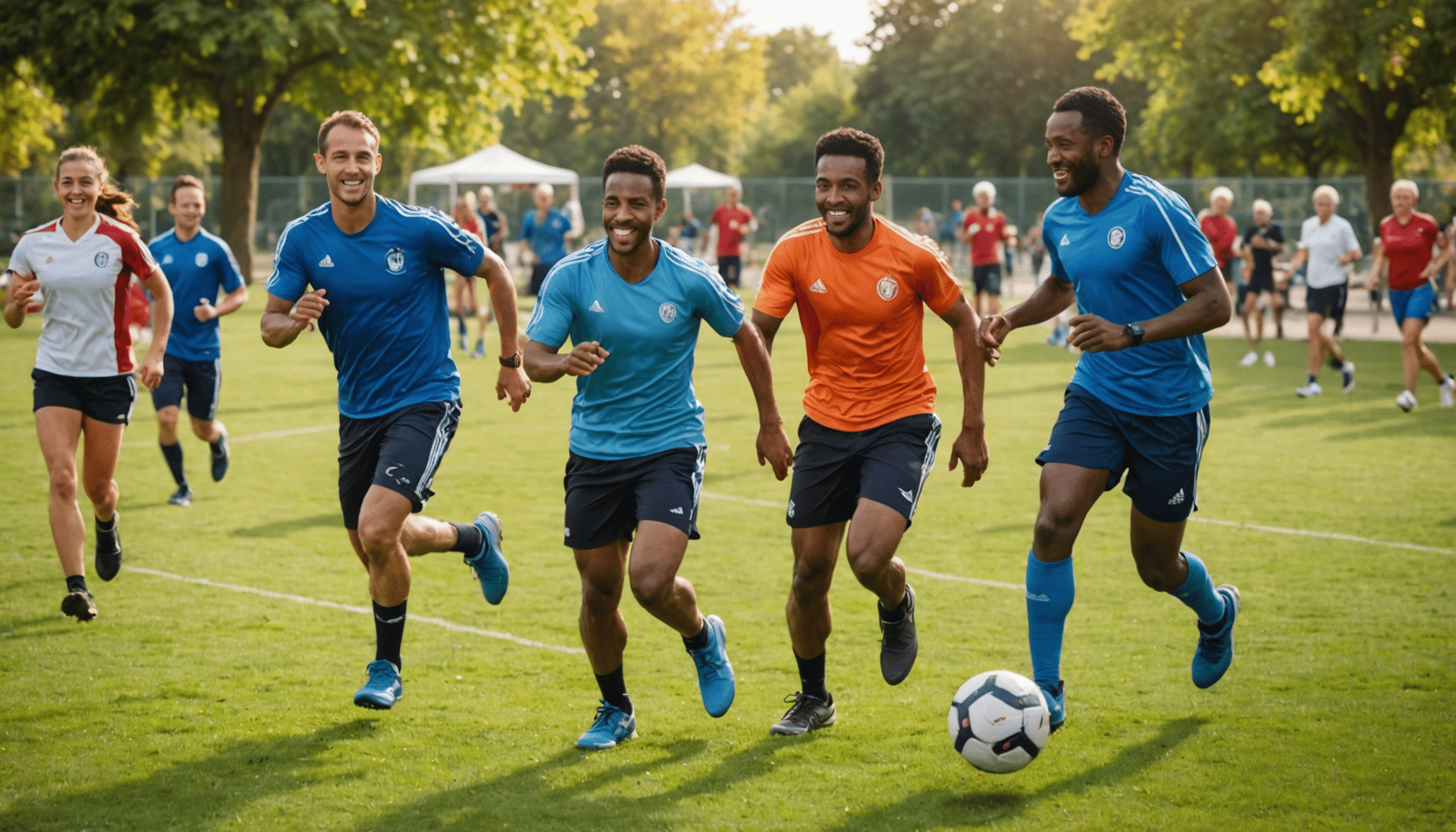
Jobs and structuring of clubs
To support these initiatives, a plan to support the sustainability of jobs in associations is being considered. By strengthening human and material resources, clubs can structure themselves and become essential players in their community. This strategy also aims to fill the gap left by the abolishment of subsidized jobs, which is crucial for the growth of clubs.
Modernized sports infrastructures
A study of sports infrastructures in Île-de-France reveals significant shortcomings, particularly in terms of modernization and accessibility. To address this, it is essential to map and prioritize the needs of various areas. Modernization projects, including the optimization of school facilities during non-academic periods, could provide more sports opportunities for local communities.
Territorial sports projects
The recognition of underutilized buildings and their conversion into sports facilities is also suggested. A multi-year plan, focused on rural areas and priority neighborhoods, could sustainably transform access to sports.
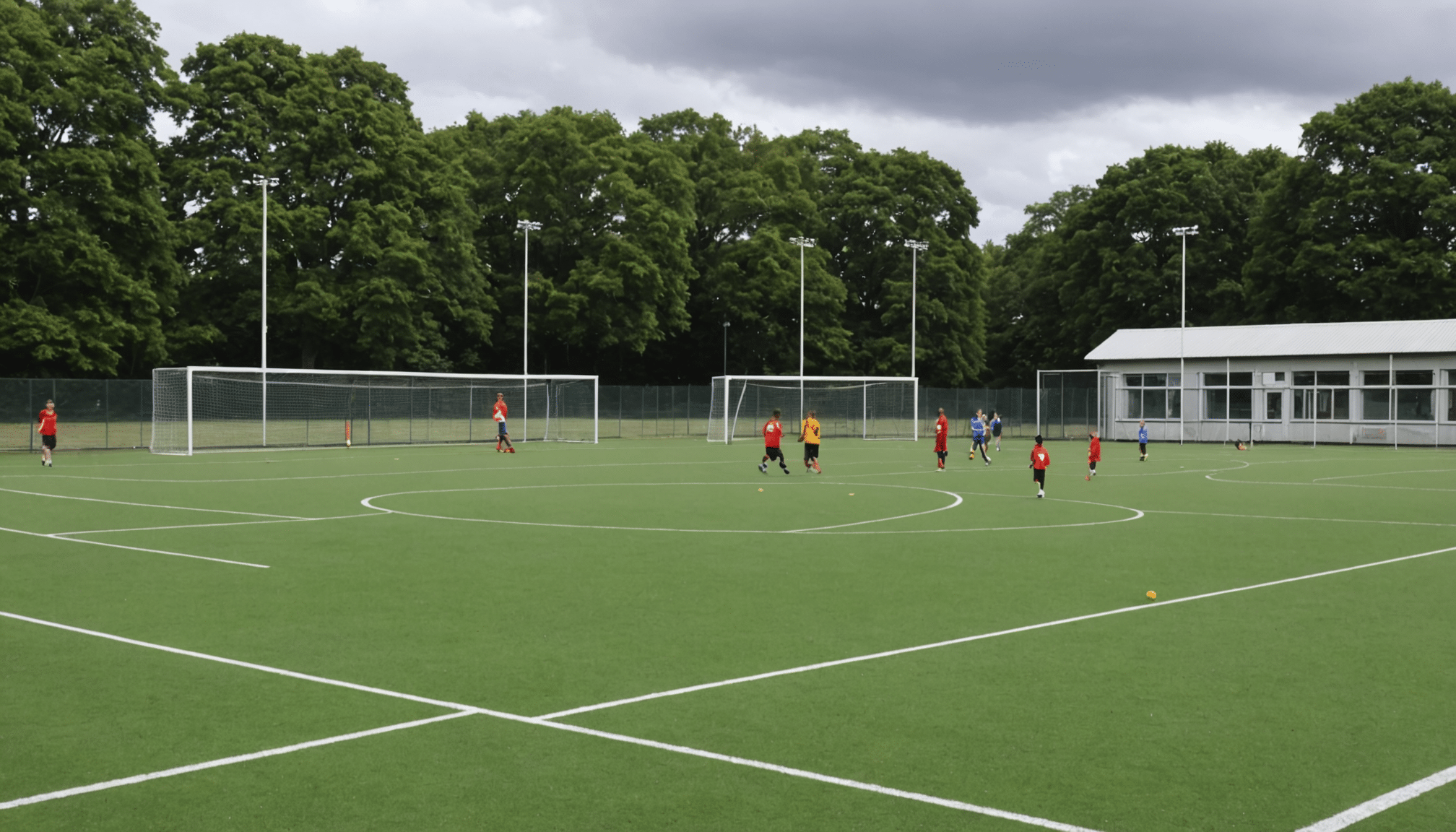
Exploiting existing potentials
A strategy focused on reusing existing facilities would reduce costs while increasing access to sports activities. School infrastructures, for example, could be opened to communities during holidays and weekends, thereby maximizing and optimizing the usage of these locations.
Sport Health: A regional priority
In Île-de-France, Sport Health has become a priority for the CROS with benefits for both public health and recruitment of new practitioners. This is evidenced by the “Maison Sport Santé” labeling initiative, aimed at harmonizing care and prevention offerings. This approach highlights collaboration between the medical field and sports organizations to create a complete pathway for the patient.
Health insurance and adapted physical activities
The coverage of adapted physical activities (APS) by health insurance could facilitate patients’ access to fitness and prevention programs, especially for those suffering from long-term conditions.
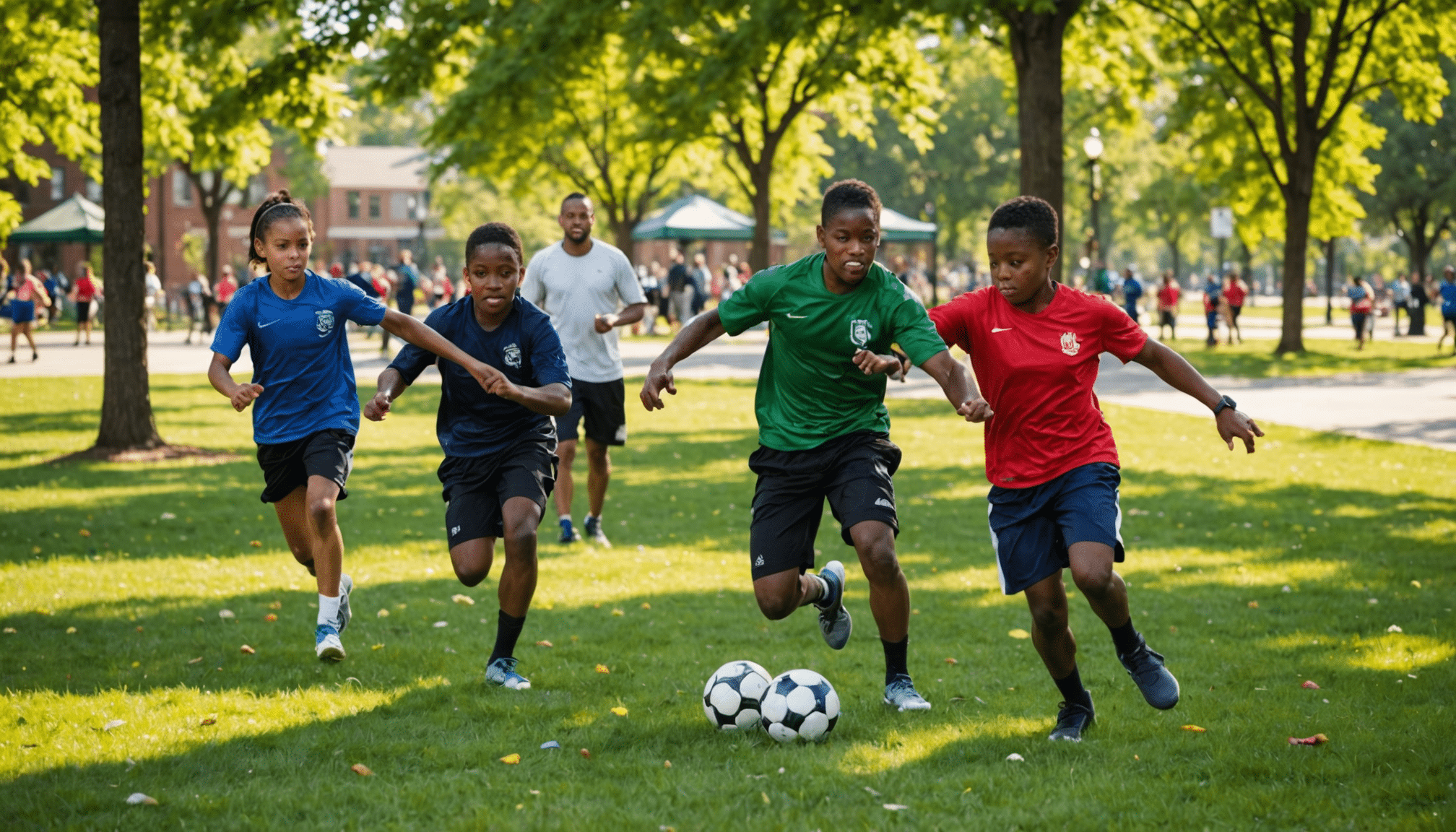
Training sports professionals
The continuous training of activity leaders and sports educators on health prevention aspects through sports is a central issue. This includes mastering skills in adapted physical activity and prevention through APS, fostering an inclusive and caring approach.
Promoting parasports and social inclusion
Parasports hold a prominent place in recommendations for the future of sports practice in France. Each federation is encouraged to develop specialized programs for welcoming people with disabilities. These training programs should be accessible and supported by a wide dissemination of information.
Social inclusion through sports
Clubs are encouraged to open up more to priority neighborhoods, not only to promote social inclusion but also to make sports a vector for social ties. Local authorities often assess clubs’ eligibility for funding based on their commitment to inclusion and welcoming disadvantaged populations.
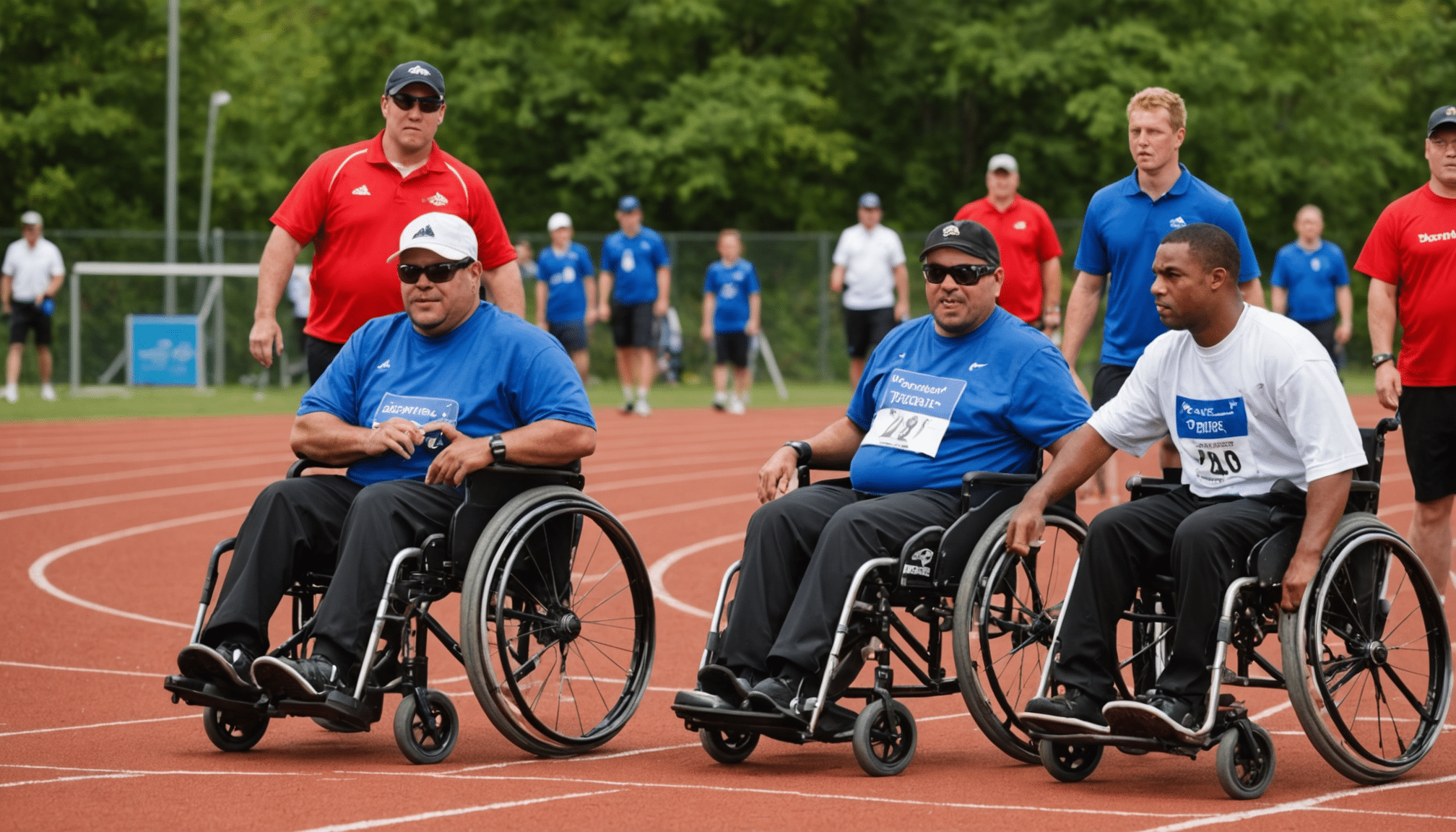
Support for dedicated infrastructures
The creation of infrastructures suited for people with disabilities is a priority. These facilities must be designed to encourage and facilitate everyone’s participation. Furthermore, clubs must receive the necessary support to adapt existing infrastructures and train qualified personnel.

